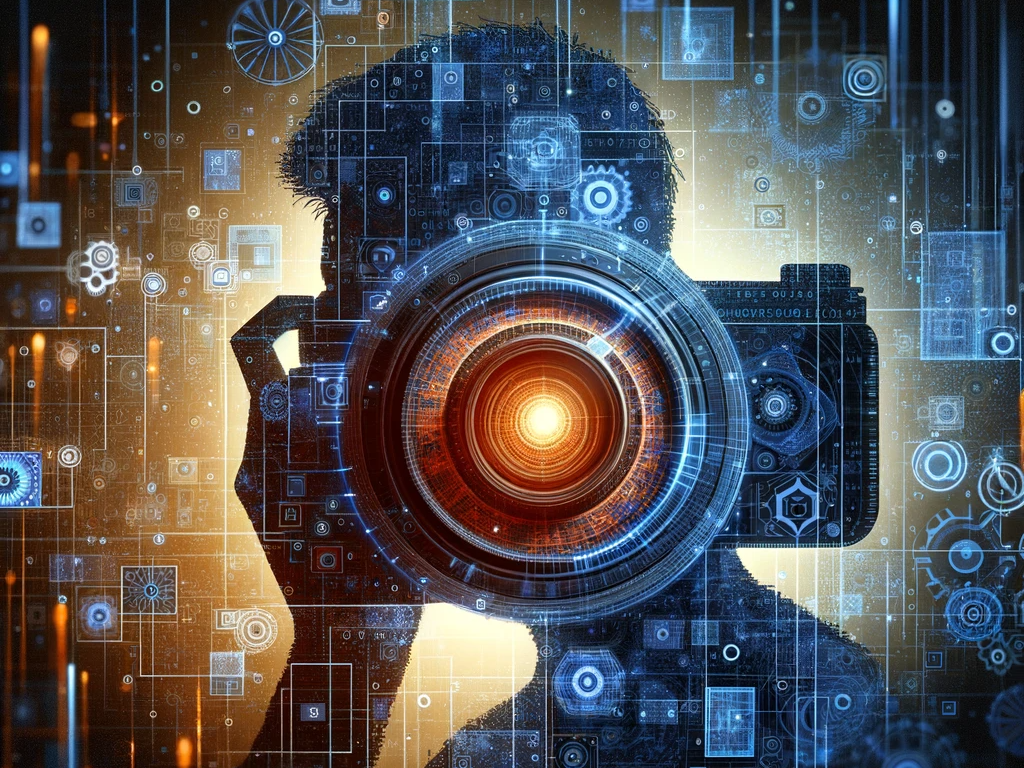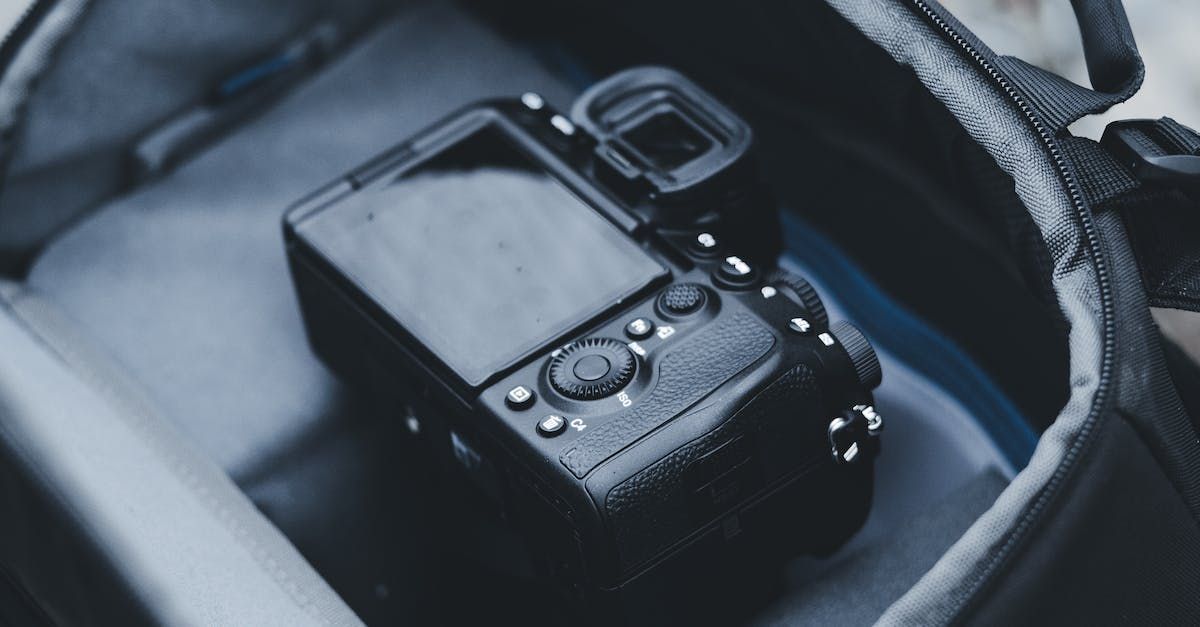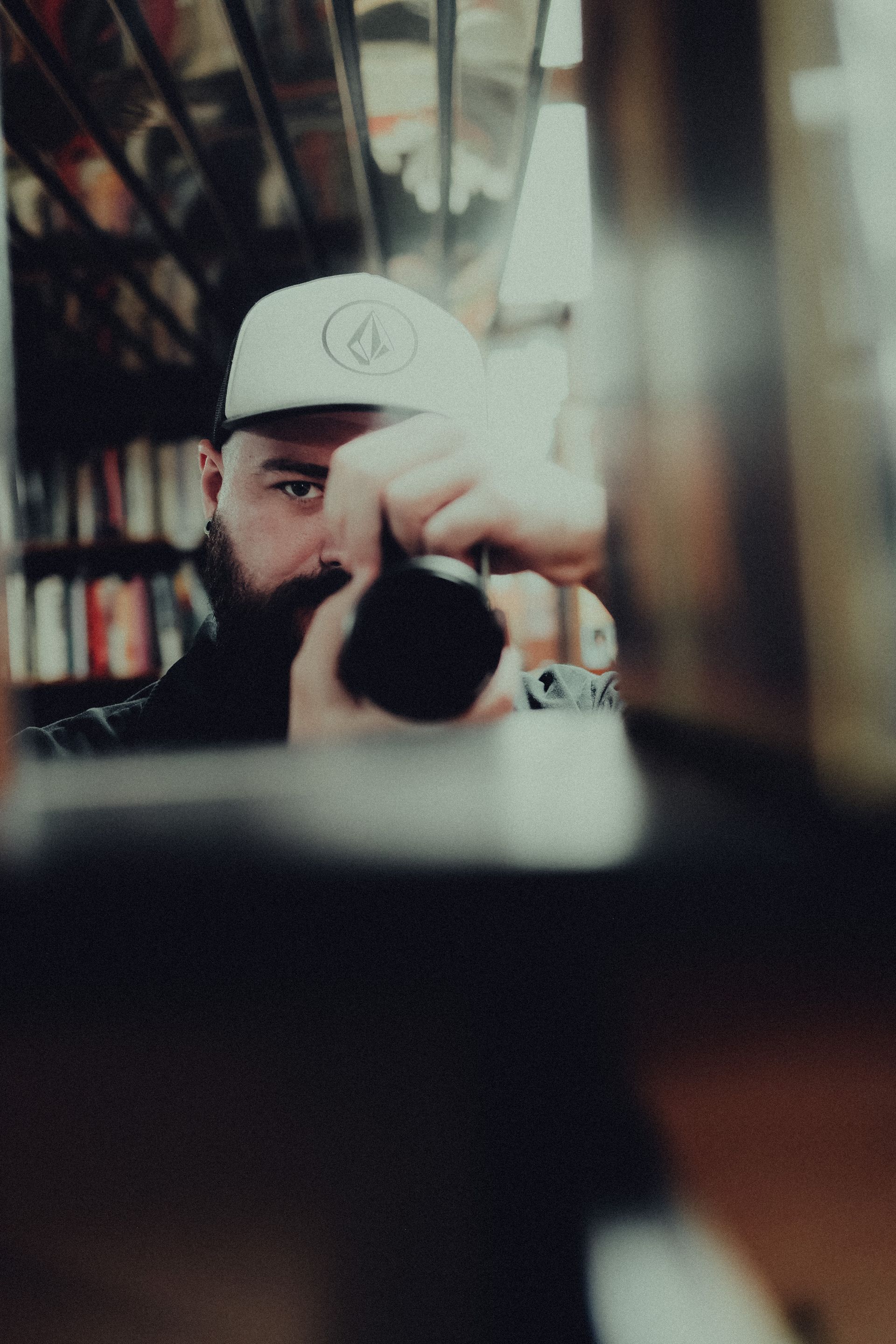Challenges and Opportunities of AI in Professional Photography
The advent of artificial intelligence (AI) in professional photography marks a significant period of transformation. As AI redefines the boundaries of image creation and analysis, it also raises crucial questions about authenticity, ethics, and the impact on the profession of photography.
Here are some of the many facets of this digital revolution and its implications for photography professionals.
Authenticity and Ethics: The Blurred Line
The integration of AI in professional photography questions the authenticity of images. This issue is critical in photojournalism where truth is essential. A notable example is the debate around the World Press Photo's decision to include AI, which was strongly criticized by over 100 photographers. This controversy highlights the importance of maintaining a clear distinction between AI creations and traditional photographic works to preserve the credibility and integrity of the field

Challenges and Professional Adaptations
The automation enabled by AI, especially in post-processing and image analysis and sorting, forces photographers to reinvent their skills. AI's ability to perform these tasks is changing the job market, pushing professionals to diversify. In the past, many have done so, for example by developing video skills. There were social media, and now, it's AI tools.
Creativity and Originality in the Digital Age
AI's ability to generate images challenges the creativity of photographers. They are challenged to maintain their artistic originality in a context where technology can produce visually similar works, thus questioning the place of human originality in photographic art.
Copyright: A Complex Legal Terrain
Copyright issues for images generated by AI pose new legal challenges. Defining intellectual property between the AI programmer and the user is a major issue for the industry. Manufacturers of cameras are now introducing integrated authenticity technology. This technology attaches a digital signature to photos at the time of capture to certify their legitimacy, thus creating a "birth certificate" for the images. This feature aims to protect the authenticity of professional content and help news agencies fight against falsified images.
Towards a New Era of Photography
To remain competitive and relevant, photographers need to focus on the unique aspects of their art that cannot be reproduced by AI, such as visual storytelling, artistic creation, and human relations, whether at the beginning of a project, during, or after distribution.
It will always be important to be passionate about one's subjects and to fully embrace one's creativity, whether by exploring AI or maintaining a traditional approach to photography. AI is more than just a tool; it will gradually become a full-fledged creative actor in the world of photography
To learn more about these topics, please consult the source article on Blind Magazine. →







